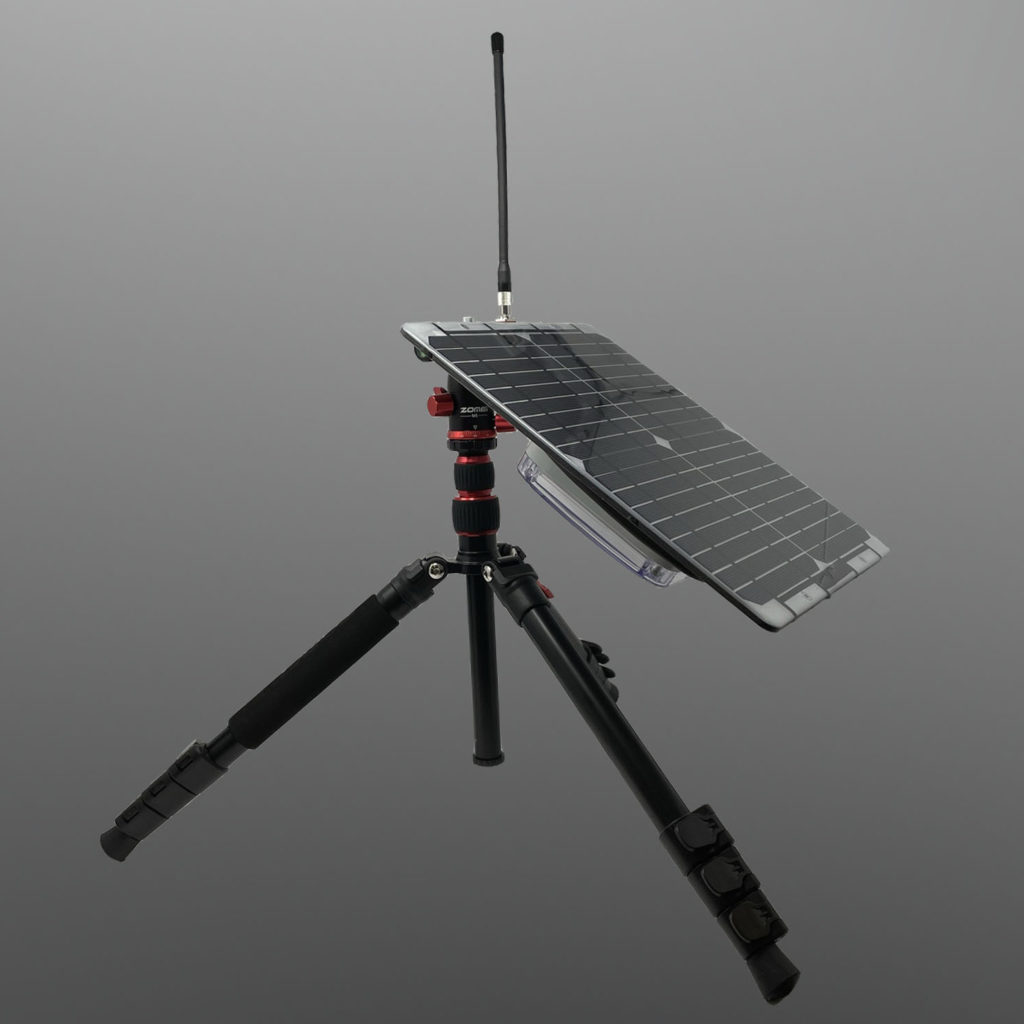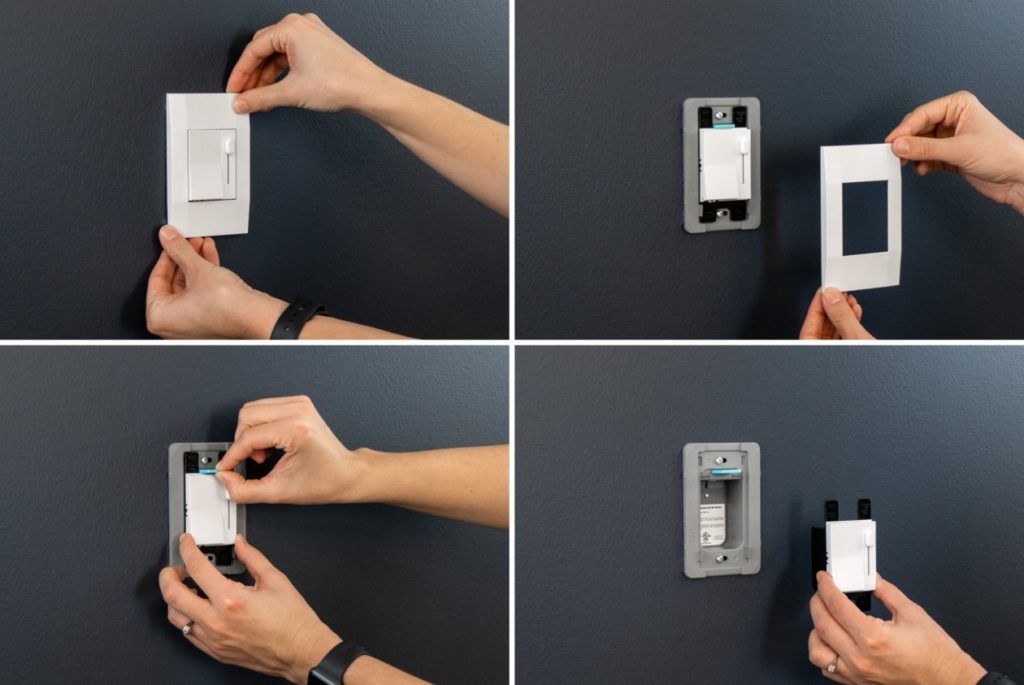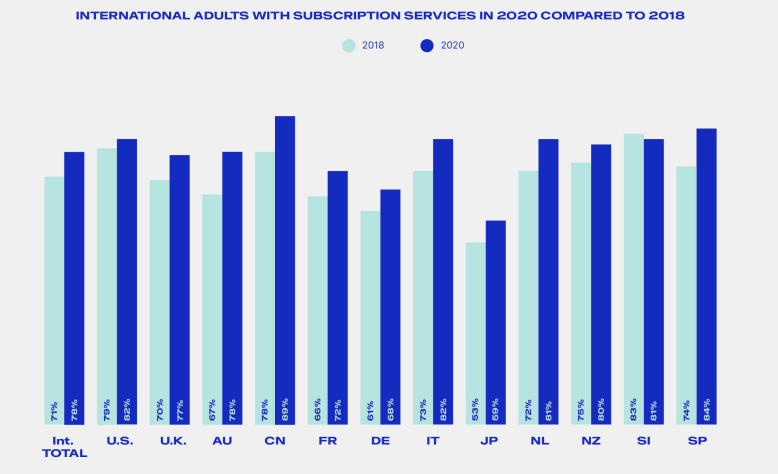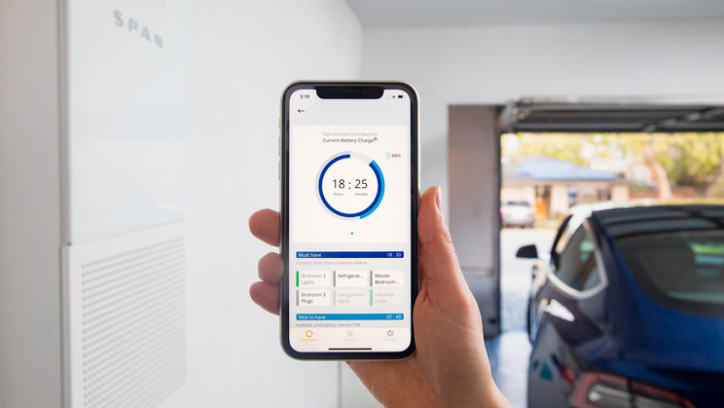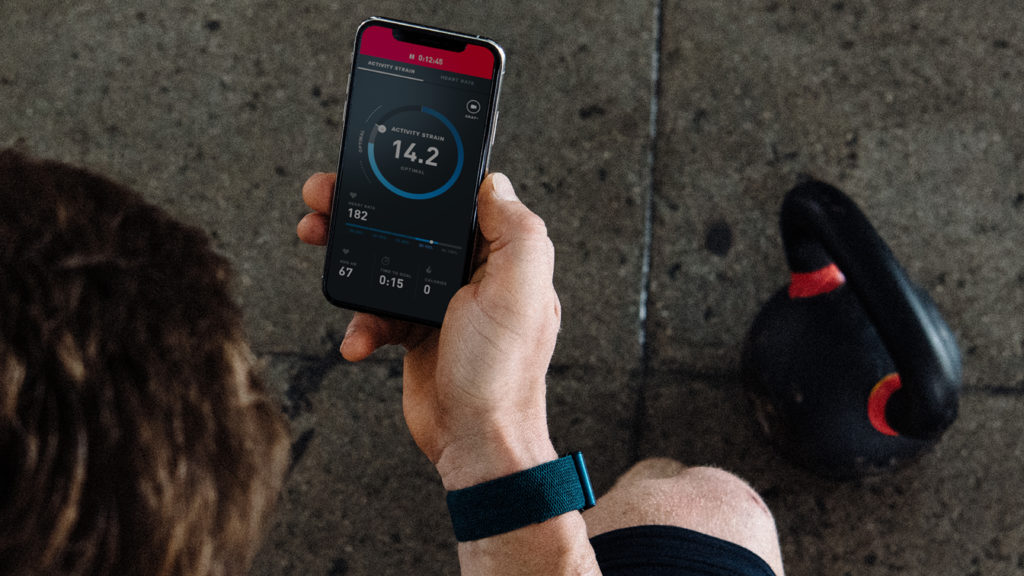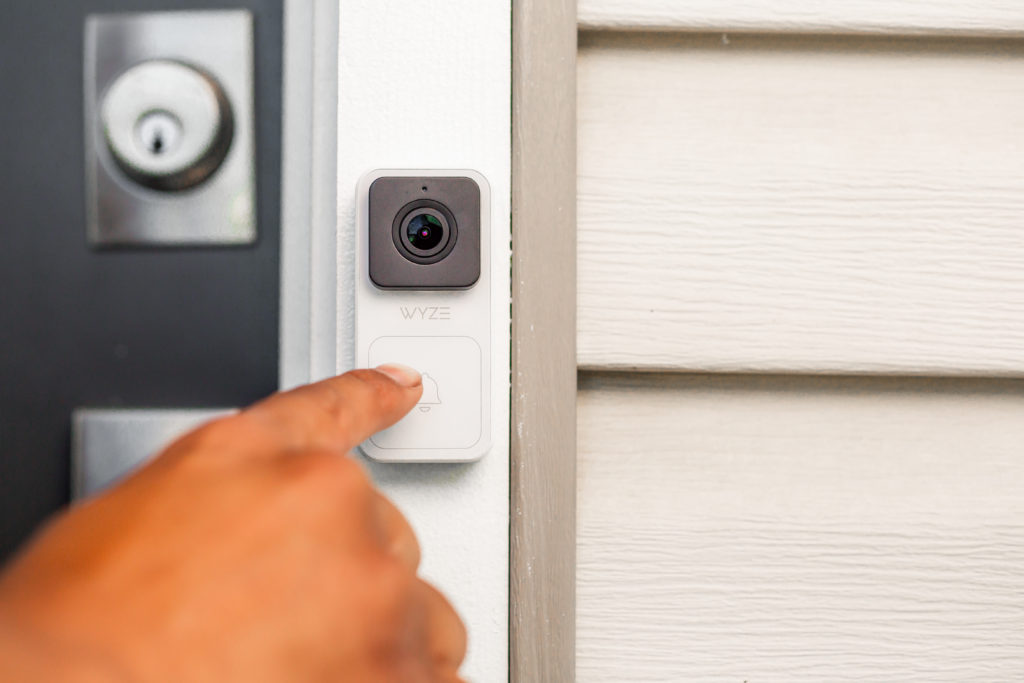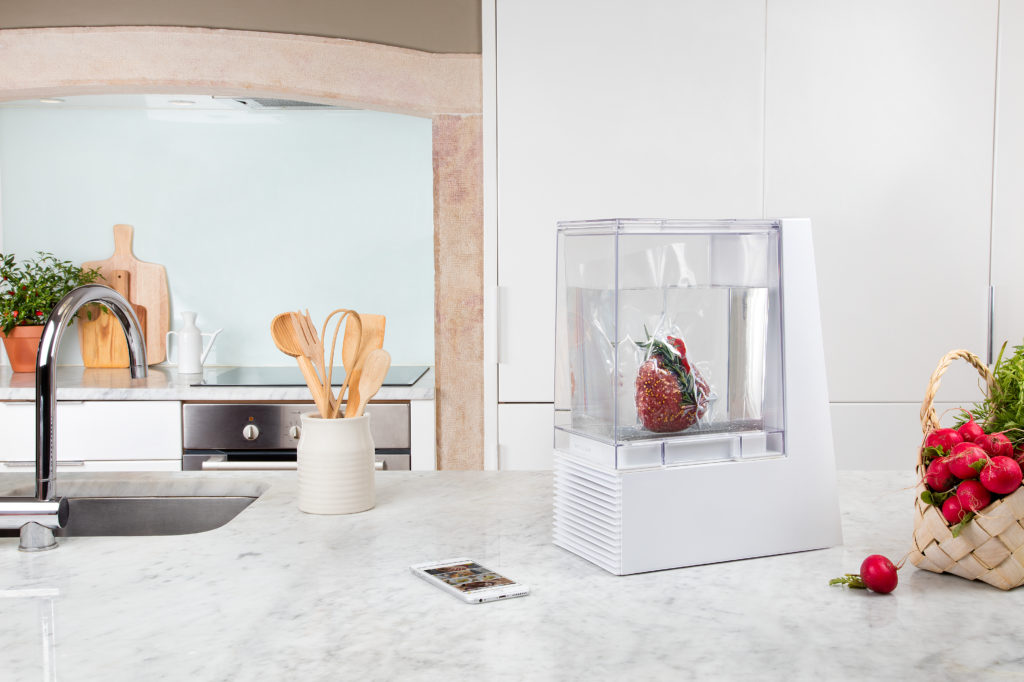This week, news slowed down a bit so Kevin and I kick off the show talking about a connected manual device to physically press buttons or twist dials as needed to turn older appliances “smart.” After praising that idea we panned Amazon’s new soap dispenser for having a Wi-Fi chip that’s really underused. In other Seattle news, Wyze, the makers of so many connected devices, has raised $110 million from a venture firm associated with Jay-Z and IKEA launches an air-purifying side table. Sure. Philips Hue plans to launch a slightly brighter color-changing (and tunable white) bulb while Home Assistant has added energy-monitoring features as part of its latest update. We also talk about the creation of Alphabet’s industrial robot software startup Intrinsic and what innovation in robotics software could enable and end with Kevin’s take on the U.S. being behind in smart cities.
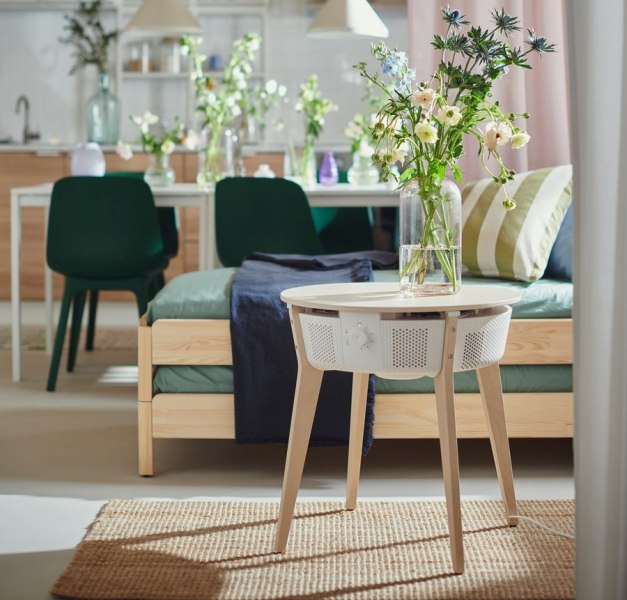
Our guest this week is Shaun Cooley, CEO of Mapped, who is on the show explaining why smart buildings are getting more attention lately. We talk about what matters for real estate with the ongoing pandemic (I can no longer bring myself to say Post-COVID, y’all) and a renewed focus on energy savings. For the nerds, we cover technologies and data layers such as Haystack, Brick, and Microsoft’s Real Estate Core for building digital twins. He also shares his thoughts on how buyers are maturing when it comes to evaluating the security of their tech purchases. It seems buyers are asking more questions and better questions, which can only be a good thing. I agree.
Hosts: Stacey Higginbotham and Kevin Tofel
Guest: Shaun Cooley, CEO of Mapped
Sponsors: Very
- We have a good idea/bad idea segment this week
- Wyze has $110 million in new funding for AI
- Home Assistant gets energy monitoring as a feature
- Why smart buildings are having a moment
- Which standards matter for smart buildings
Podcast: Play in new window | Download | Embed
Subscribe: RSS

